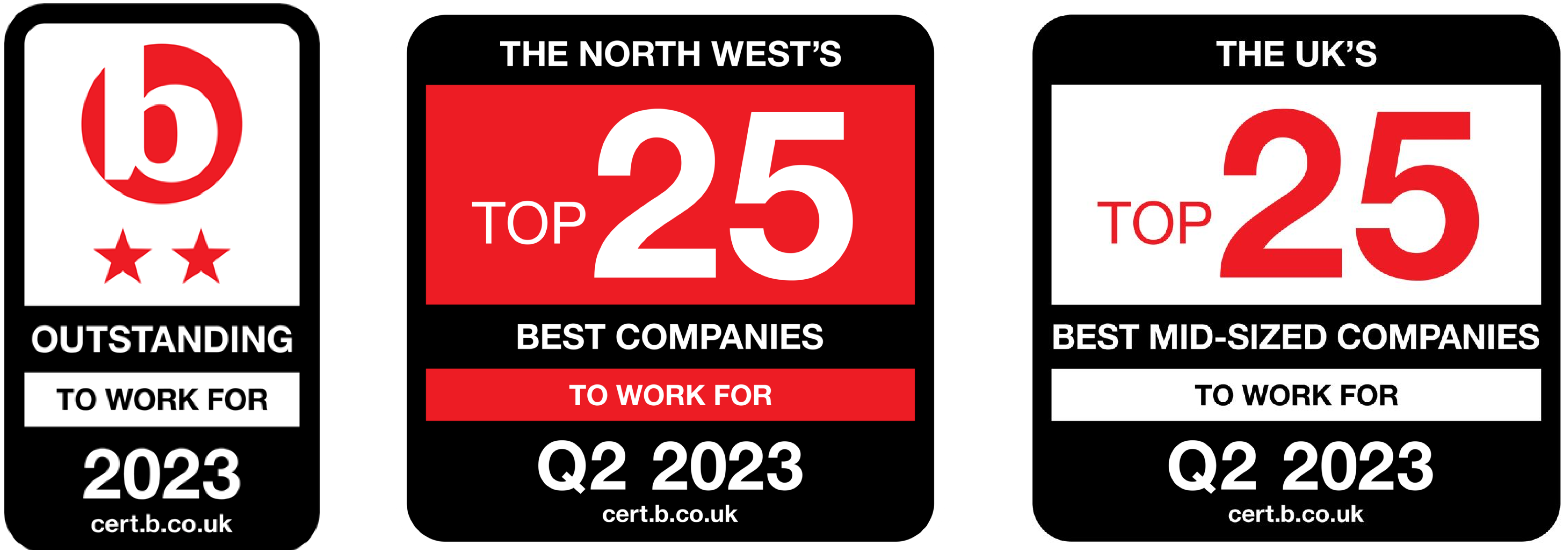
Ultimate guide to legal cashiering #3: Busting the myths & why experience counts
03/08/22The third in our ‘Ultimate guide to legal cashiering’ blog series focuses on understanding some common misconceptions and setting out the stall for having a qualified legal cashier running your accounting function.
Busting the myths of legal cashiering
As far as misconceptions in law firms are concerned, the intricacies of legal cashiering are probably some of the most misunderstood. If you’ve been led to believe any of the common myths below, you’re not the only one.
Myth 1 – They’re guidelines, not deadlines
Regulatory deadlines aren’t arbitrary, they’re set in stone. Whether your accountants reports are a day late, a week late or a month late, they’re still late – and regulators aren’t going to give you the benefit of the doubt anytime soon.
Myth 2 – Anyone who has worked in finance can ‘cashier’
Just because you’ve got a background in accounting doesn’t mean you’re a suitable replacement for a dedicated and experienced legal cashier. Understanding basic accounting isn’t the same as fully understanding all the rules and regulations of a specific regulatory body.
Myth 3 – Only the cashiers need to know the rules
While it’s true that you shouldn’t do it all yourself, it’s still important for business owners, COFAs and COLPs to understand the role of a legal cashier so that they can ensure their law firm is operating by the book.
Myth 4 – You can’t get in trouble for an accidental breach
Ignorance may be bliss, but it’s not an excuse for breaking the rules. Even if it wasn’t deliberate, failing to conform to the relevant requirements can get your practice into hot water – and ultimately shut down.
Myth 5 – Legal cashiers are too expensive
Legal cashiers don’t come for free, but neither does your time. A legal cashier’s hourly rate will be significantly less than that of a senior partner, and when potential fines of £25,000 are on the table, that overhead looks relatively small.
The importance of having a qualified legal cashier
According to the UK’s leading legal finance organisation – The Institute of Legal Finance & Management (ILFM)
Is your legal cashier secure in their knowledge of compliance?
It’s a question all law firms should ask themselves.
Often entry-level legal cashiers enter the industry without any specific knowledge. For some who are leaving school and college, they may not have any qualifications – leading to panic and uncertainty about their future. A legal cashier position can be a great solution for those who are comfortable with numbers and want an office-based role with career progression.
Those in that type of situation must be aware of, and understand, their role in compliance. The best way you can support them in doing this is through qualifications. The ILFM’s Diploma Level – ILFM(Dip) provides a structure through which your legal cashier can gain a thorough understanding of their role, from daily processes through to trial balance level. This helps them become empowered and confident in their role, so they’re ready and able to take responsibility for compliance within your firm.
Understanding and upholding compliance is as much about protecting the clients as it is about protecting your firm. That’s why it’s essential that your legal cashier undertakes qualifications and ongoing training – so that they not only understand compliance, but have the strongest grip possible on it.
This abridged article was contributed by Tim Kidd, Chief Executive at The Institute of Legal Finance & Management. Why not view Tim’s article in full?
What do qualified legal cashiers bring to a law firm?
- Knowledge: Insights which will safeguard clients, employers and employees.
- Support: A supportive environment which you can trust.
- Confidence: Better decision making for faster, safer results.
DOWNLOAD E-BOOK
Want to read our earlier blogs in this series? Access ‘Ultimate guide to legal cashiering #2: Tips and traps‘ and ‘Ultimate guide to legal cashiering #1: The basics‘.
More from our blog

15th February
It’s a wrap: January recap and rebrand
Having returned to work rested and recuperated after the Christmas break, we’ve gotten straight into business mode in January, and completed a major phase in our integration into Dye and Durham by rebranding our digital and physical assets.

25th January
Four ways to help your team embrace new technology
Our new top tips cover choosing technology that solves your team's problems, involving your team in the decision, training everyone thoroughly in the new software and phasing in the new system.

18th December
A year in Quill: 2023 under review
In our 2023 review, we thank you for another successful year in business and take you on a trip down Memory Lane.



